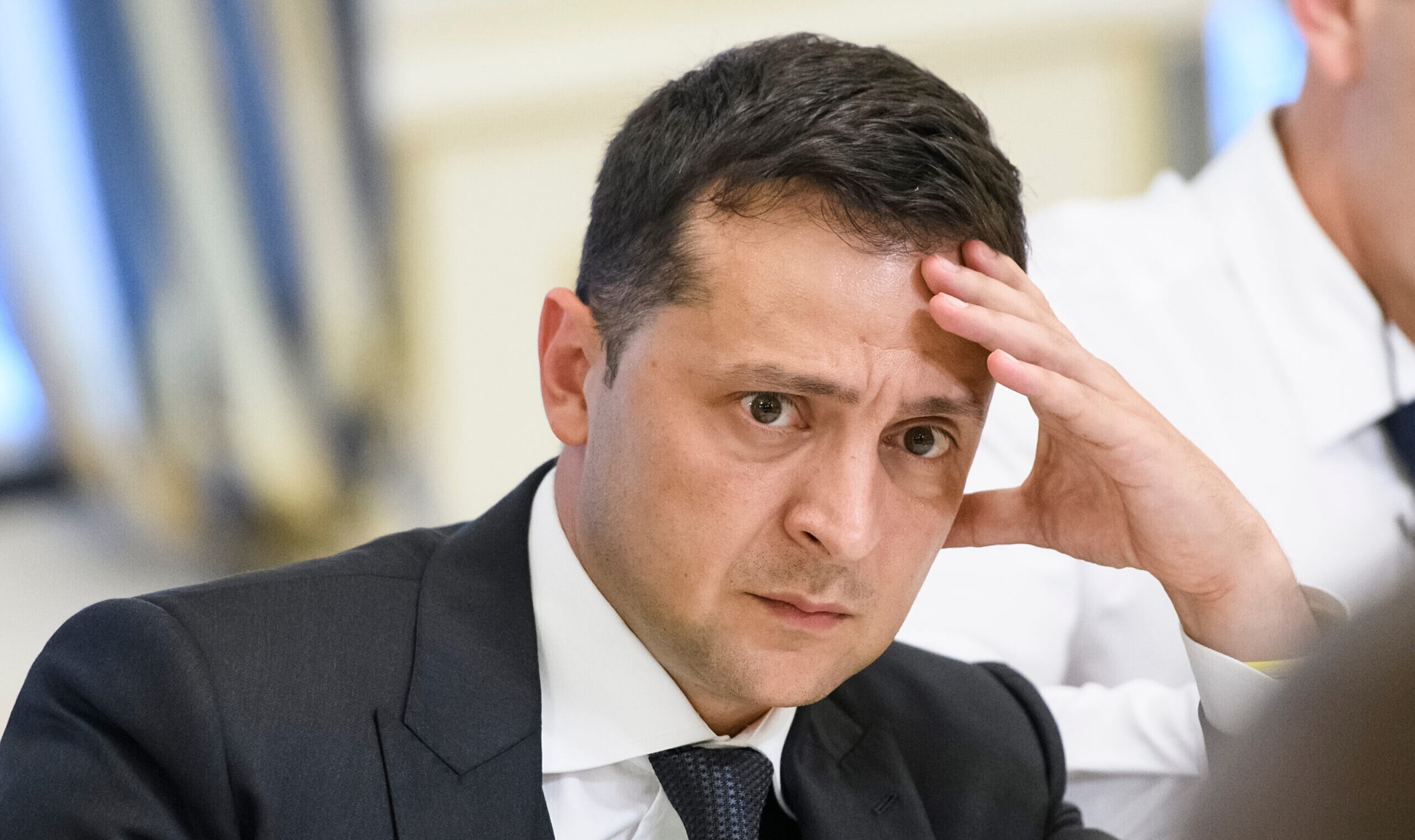Zelensky’s European Army: Killed in the Crib
The Ukrainian president, however, gave a glimpse of the future.

“Ukraine will never accept deals made behind our backs without our involvement. And the same rule should apply to all of Europe. No decision about Europe without Europe,” Ukraine’s President Volodymyr Zelensky thundered in the Munich Security Conference in a speech calling for a pan-European army. “The time has come—European armed forces must be created.”
As what could be cautiously termed as a weirdly played “divide and rule” attempt to rally Europe against its primary protector, the United States of America, it had a very crusading feel to it: a pan-European force, marching in unison, spilling European blood, to repel evil and retake occupied land. Weird, as Russia objectively has always been a historic European great power—even under the Marxists, an ideology as European as it could be—so the entire gimmick of repelling foreign invaders was somewhat rhetorically jarring.
Zelensky ended with a TV interview for the American audience, in which he categorically rejected the idea that he would ever accept a U.S.-brokered peace. That meant—he was crystal clear for the American audience—that if the U.S. and Russia negotiated a peace where there are some territorial concessions but overall the line of contact is frozen in a ceasefire and a DMZ is created, and if American funding were consequently to stop, Ukraine will not accept the deal and would continue as-is. A curious warning for the Trump administration to remember and plan for.
Not that it mattered. Within moments, the “EU army” was shot down, despite ferocious Churchill LARPing by members of the NATO escalation caucus. In an interview with the Financial Times, Macron said that the idea of deploying a huge force is “far-fetched”: “We have to do things that are appropriate, realistic, well thought, measured and negotiated.”
Poland followed. “If you understand by it the unification of national armies, it will not happen,” Poland's Radek Sikorski immediately clarified.
Subscribe Today
Get daily emails in your inbox
For what it’s worth, Zelensky’s vision was certainly bold. In a way this was also an ancient lesson in realpolitik for the U.S., which ensured the survival of the Ukrainian state for three years. In international relations, protectorates will never love the benefactor; they will be there only as long as there are benefits. Clients will always want more, and when not given, will resort to means ranging from emotional blackmail to attempts to divide and rule. Subservience isn’t respect or affection. What is true for Ukraine is true for Europe and the U.S.
Reportedly, after the Vance-Hegseth one-two punch, the U.S. has asked all European capitals in a formal letter about how much they are actually willing to do. The phenomenal Hegseth speech in Brussels was about “shifting conventional deterrence” to Europe, but this particular move puts all cards on the table and stops all the empty grandstanding of the last few years. Asking European states for their actual force posture and plan including a pledge of continuation if things go south, without a security guarantee of the NATO Article 5, is a good policy. It is clear, unambiguous, and it shows who genuinely holds all the power in this equation. It clarifies the total disconnect between European posture, resolve, and European rhetoric. “There is a fundamental issue we need to recognise,” tweeted Shashank Joshi, the defense editor of the Economist. “A serious Euro force in Ukraine needs US enablement, air defence, air cover & ISR. Those things - enablers, air def, air power & intel - are exactly what many in the Trump admin want to shift from Europe to the Indo-Pacific.”
The central paradox of Euro-American relations is that some Eurocrats, especially from the Baltics, started to believe their own 30 years of propaganda, that the EU is a result of organic peaceful integration with a resultant new Homo Europae, rather than of American hegemonic peace. The greatest flaw in that same postwar order is the total eradication of the idea that power determines agency. Egalitarianism, whether in society or in international relations, isn’t organic. Someone has to put the thumb (that is, money or troops, or both) on the scale. In this case, that is the U.S., and the U.S. is done with it. Barring American presence, Europe has no coherent entity or interest. As a result, despite Zelensky’s Pope Urban act, the central paradox of American hegemony over Europe will remain for the near foreseeable future.